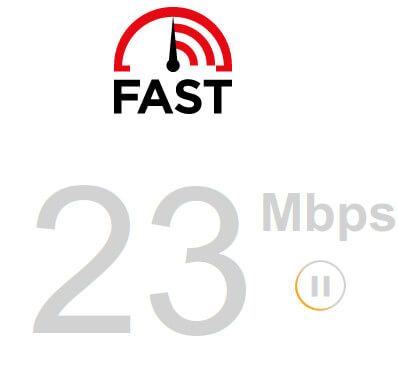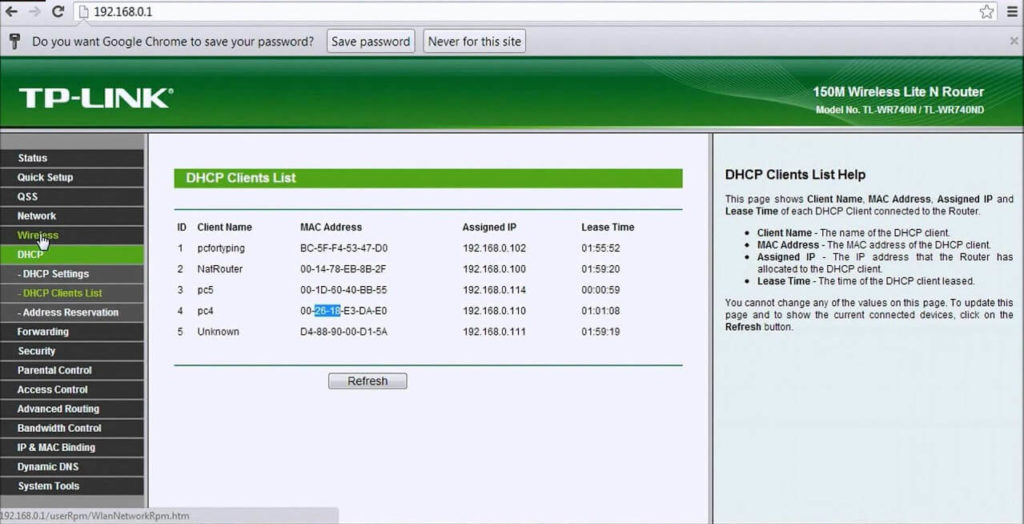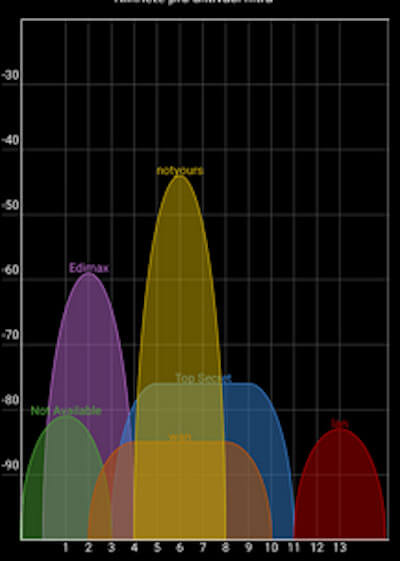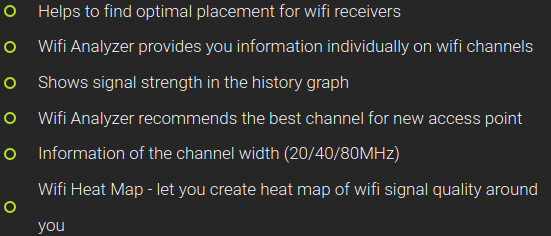When I have many people at my house, all streaming movies and playing high-bandwidth video games, I have noticed that after a few days my Internet feels slower. A router reboot every once in a while brings my connection back up to speed, but why is that?
Let’s look at some reasons why routers tend to slow down over time, and what you can do about it.
A router with many devices connected, or just a few devices sending large amounts of data, will use RAM (random access memory) to properly route data through each open connection. When a connection is closed, that RAM is freed up for the next connection. Sometimes, the RAM is not freed, and if the router has less and less RAM available, the router becomes slower and slower, until it is rebooted and the RAM is freed.
But what causes the RAM to get stuck or leak out, and is it better to restart, reset, or upgrade your router?
How to Know If The Router is Causing Slow Internet
If you are paying for fast internet (know what package you are paying for) yet you notice that files are not transferring as fast as they once were, first check the internet connection speed itself.
- To check your Internet bandwidth itself, connect your computer directly to your modem (attach an Ethernet cable directly from your computer to your modem).
- Go to fast.com to see the actual Internet download and upload data speed.
- If you have an ISP-supplied modem/router combo (wireless gateway), you may have to open a web browser, log in to your device, and place it in bridge mode. (Bridge mode turns off WiFi and routing functions so the device will function as a simple modem.)
- Once in bridge mode, run the speed test to check the baseline internet speeds to your home.

What’s Your Internet Speed? If your Internet service speed is less than what you were guaranteed, call your ISP and ask what is going on — if you’re paying for a certain speed, you might as be using it all, or have your cost negotiated lower.
If your Internet service speed is up to par:
- then reconnect the router to the modem and test your transfer speeds again at fast.com. Is the result faster, the same, or slower than your previous test?
- If it is the same, the router is up to the task.
- If the speed is slower, your router is the bottleneck.
- If it is faster, that is amazing and not possible since adding a router adds a bit of latency to the connection.
Factors Affecting Router Speed
Router speed is affected by the router’s capability, the obstacles interfering with radio signals (if connecting wirelessly), the distance of the router from the connected devices, and by the devices requesting data on the network. Here is an entire article about choosing a router for your Internet Speed; having a router that fits your needs goes a long way in minimizing dropped Internet connections and wasted time waiting for videos to buffer.
Why Your Router is Slowing Down
Routers slow down when they:
- get old and hardware breaks down physically
- overheat
- transfer more data than they can handle over a prolonged period
- have a firmware problem affecting memory
- are running malicious code (potentially) or otherwise hacked
Wireless routers get slower with age.
Technology and internet standards change quickly. Routers slow down over time as the technology they are built with becomes obsolete and new standards are introduced, and the hardware itself overheats and components wear out. A custom firmware update with DD-WRT or OpenWrt might resuscitate an old compatible router for a few more years and improve its useful life, but if your router is not allowing your new devices to connect or it cannot take advantage of your fast Internet speed, it is time to replace (or reuse) your router.
An outdated or under-performing router becomes the bottleneck that hinders the speeds of web browsing and file transfers between connected devices on the network.
Check if unknown devices are stealing bandwidth.
Log in to your router and check which devices are connected to your router; block any you do not recognize. If all of the connected devices are legitimate and each device is transferring more data than usual, check each device to make sure it isn’t running any malicious code.

Network interference: change channels if your current band is congested.
If you have a WiFi router, check to see if there are other new networks broadcasting on the same channel as your network. Use an app like WifiAnalyzer or similar to track the WiFi signals around you.


Memory leak? Restart Your Router
How do you fix a memory leak?
If your router has a memory leak, eventually it will reach the point of lagging, dropping connections, or overheating and turning itself off. At this point, the normal procedure is to reboot the router in order to clear out the memory. Some commercial-grade routers have applications capable of finding leaks in all memory pools, packet buffers, and chunks to clear areas of memory, thus negating the need to reboot the machine.
The easiest fix for a slow router is, of course, to restart your router. Power-cycle your router by unplugging it, waiting 30 seconds, and plugging it back in. Restarting the router will release and free the RAM that may be leaking due to a software bug.
You can also try a hard reset — most routers have a tiny button that, when pressed for four to seven seconds (or until the router lights flash or turn solid), resets the device to its factory default settings. Resetting the router means that all custom changes to your router — including your chosen network names, passwords, channel selections, DNS cache, WiFi schedule, signal strength, or a hacker’s malicious code — will all be deleted. Consider a reset router as good as new, software-wise. If you want to save your configuration before resetting, you may do so through the router admin systems panel after logging into your router.
If you want to limit router problems due to WiFi, consider hardwiring your home network.
Does unplugging a router reset it?
Unplugging a router will not reset the router to its default factory settings, but it will close all open ports and release the temporary router memory from open ports. Often this is all a router needs to start working properly.
Does rebooting a router improve speed?
Rebooting a router may improve its performance temporarily, but a better fix is a software or firmware upgrade. Some manufacturers ship their devices with firmware that leaks memory and thus affects router capabilities the longer the router runs. To fix this, try to install a custom firmware like DD-WRT or OpenWrt; these firmware projects offer stability and security and functionality not always offered by the original router firmware.